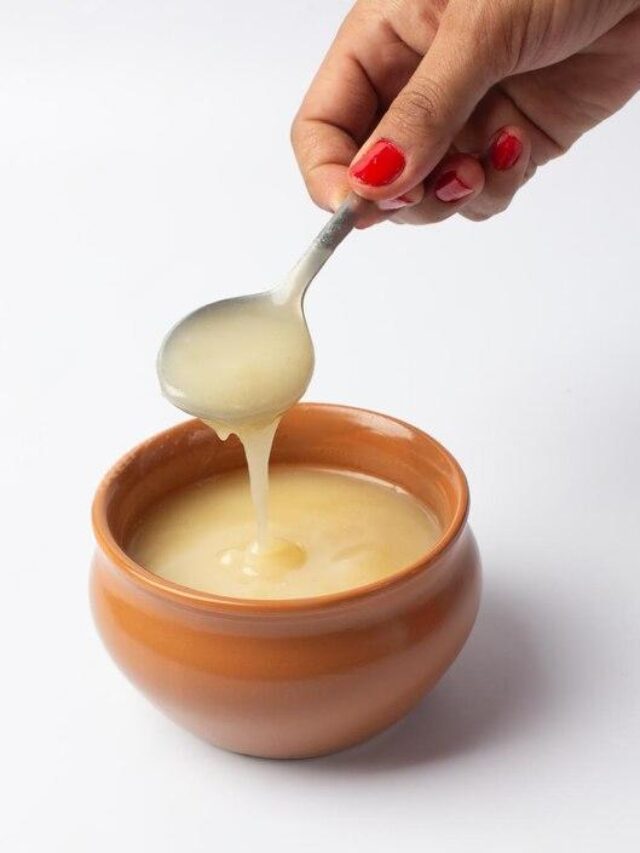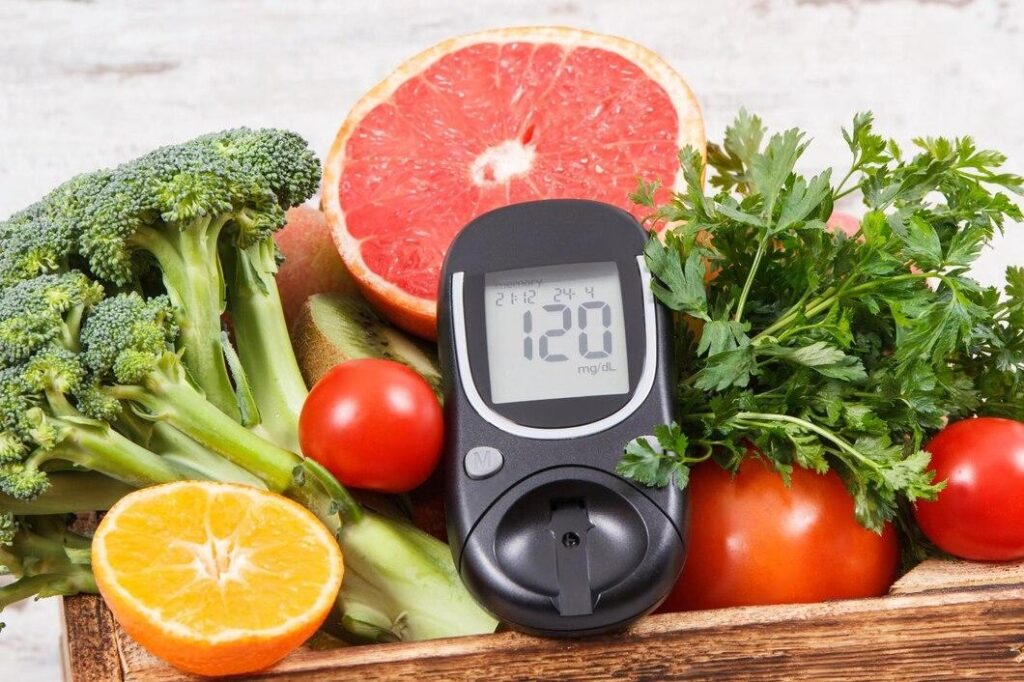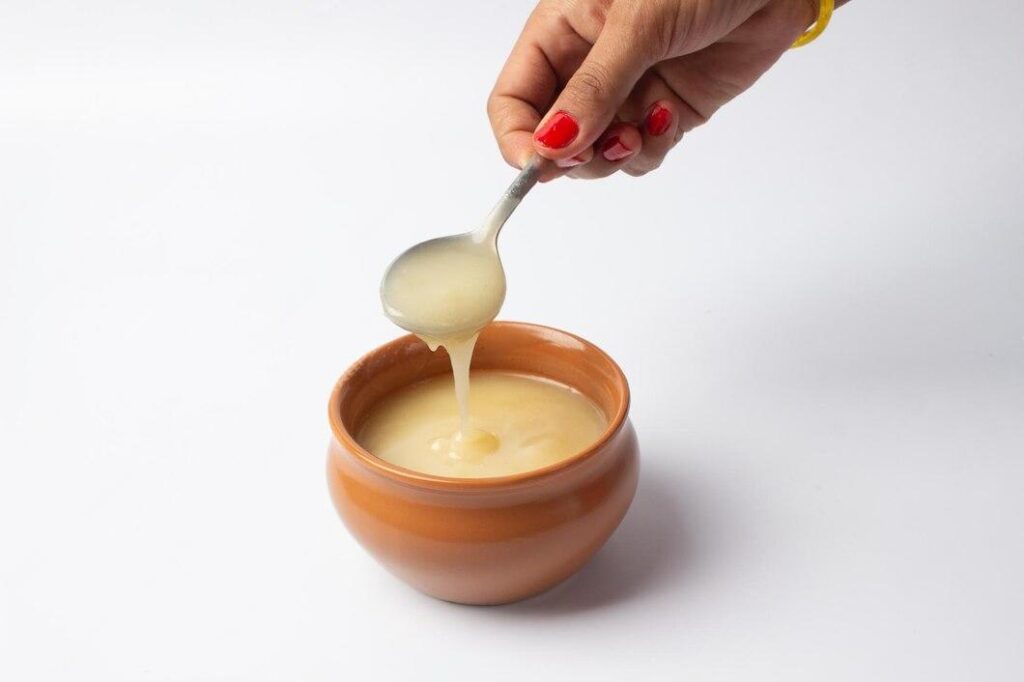Overview
Ghee, a staple in many cultures’ diets, has gained global recognition for its unique flavor and potential health benefits. This clarified butter, used in Indian and Middle Eastern cooking, is now a subject of interest for its nutritional value and impact on health.

What is Ghee?
Ghee, a type of clarified butter, is made by simmering butter to remove its water content and milk solids. This process leaves behind a rich, golden liquid that is pure fat. The absence of lactose and casein makes ghee suitable for those with dairy sensitivities.
Health Benefits of Ghee
Nutrient-Rich Composition
Ghee is rich in fat-soluble vitamins such as A, D, E, and K. These vitamins play crucial roles in maintaining healthy vision, immune function, skin health, and blood clotting.
Digestive Health
Ghee contains butyrate, a short-chain fatty acid that supports gut health. Butyrate promotes the growth of beneficial bacteria in the gut and helps reduce inflammation.
Anti-Inflammatory Properties
Ghee has been used in Ayurvedic medicine for its anti-inflammatory properties. It contains antioxidants that help neutralize harmful free radicals, reducing oxidative stress and inflammation in the body.
Ghee vs. Butter: Which is Better?
Nutritional Comparison
- Ghee: Higher smoke point (485°F), making it better for high-heat cooking. Contains no lactose or casein.
- Butter: Lower smoke point (350°F), suitable for low- to medium-heat cooking. Contains lactose and casein.
Taste and Texture
Ghee has a nutty, aromatic flavor that enhances dishes, while butter has a creamy, rich taste. The choice depends on culinary preference and dietary needs.
Shelf Life
Ghee has a longer shelf life than butter and can be stored at room temperature without spoiling. Butter requires refrigeration to maintain its quality.
Nutrition Profile
Below is a table comparing the nutritional profile of ghee and butter per tablespoon (14 grams):
| Nutrient | Ghee | Butter |
|---|---|---|
| Calories | 120 | 102 |
| Total Fat | 14g | 12g |
| Saturated Fat | 9g | 7g |
| Monounsaturated Fat | 4g | 3g |
| Polyunsaturated Fat | 0.5g | 0.5g |
| Cholesterol | 33mg | 31mg |
| Vitamin A | 108% DV | 101% DV |
| Vitamin E | 2% DV | 2% DV |
| Vitamin K | 1% DV | 1% DV |
Is Ghee Good for health?
Ghee’s impact on heart health is a topic of ongoing research and debate. Some studies suggest that ghee, when consumed in moderation, may not have a detrimental effect on heart health. However, its high saturated fat content raises concerns about its role in cardiovascular disease.
Effect of Ghee on Your Lipid Profile
Cholesterol Levels
Consuming ghee in moderate amounts may increase HDL (good) cholesterol levels, which is beneficial for heart health. However, excessive intake can raise LDL (bad) cholesterol levels, potentially increasing the risk of heart disease.
Triglycerides
Ghee consumption can lead to higher triglyceride levels if not balanced with other healthy fats and a proper diet. High triglycerides are a risk factor for heart disease.
How Much Ghee is Safe?
Recommended Intake
Moderation is key when consuming ghee. Nutritionists recommend limiting ghee intake to one to two tablespoons per day, depending on individual dietary needs and health conditions.
Balanced Diet
Incorporating ghee into a balanced diet that includes plenty of vegetables, lean proteins, and whole grains can help mitigate potential negative effects on heart health and lipid profiles.
Conclusion
Ghee, with its rich flavor and numerous health benefits, can be a valuable addition to your diet when consumed in moderation. Its comparison with butter reveals its advantages in high-heat cooking and suitability for those with lactose intolerance. However, being mindful of its saturated fat content is crucial for maintaining heart health. By understanding the effects of ghee on your lipid profile and adhering to recommended intake guidelines, you can enjoy the benefits of this traditional fat while promoting overall well-being.
Read more:

